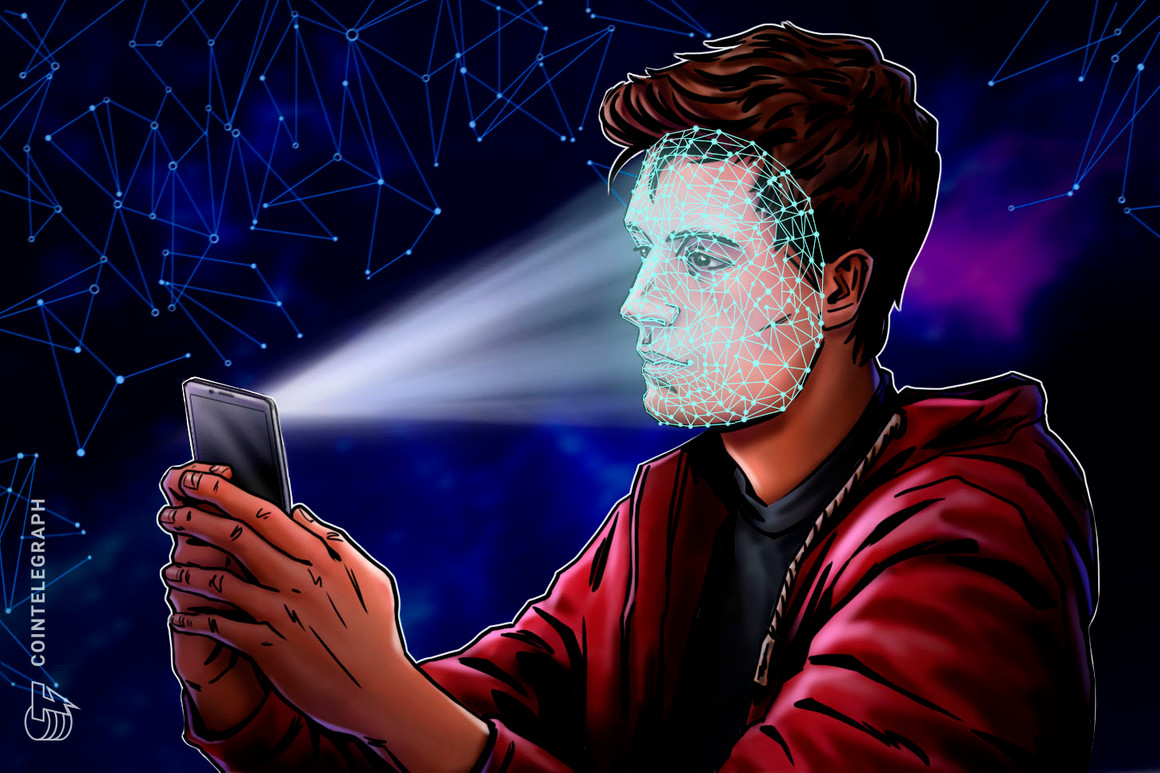The Metaverse is poised to become tech’s next trillion-dollar opportunity, as an increasing number of companies are showing interest in immersive virt
The Metaverse is poised to become tech’s next trillion-dollar opportunity, as an increasing number of companies are showing interest in immersive virtual spaces that will allow consumers to go beyond what’s possible in real life. This was highlighted in a recent report from CB Insights, which found that the Metaverse will disrupt at least 13 leading industries including fashion, retail, gaming, education and more.
While notable, various metaverse environments are still underway. For example, tech giant Microsoft announced on May 24 the creation of an “industrial metaverse,” which will allow workers to wear augmented reality headsets to manage supply chains. On the other hand, venture capital firm Andreessen Horowitz (a16z) believes that gaming infrastructure and technologies will be “key building blocks of the Metaverse.”
Utility is key
As such, it remains unclear which type of metaverse ecosystem will resonate the most with consumers. Given recent developments, however, it appears certain that avatars in the form of nonfungible tokens (NFTs) will play a critical role in the Metaverse, serving as a user’s digital identity within virtual spaces.
For instance, Sebastien Borget, co-founder and chief operating officer of The Sandbox — a blockchain-based metaverse project — told Cointelegraph that avatars are the new representation of a user’s identity in the Metaverse:
“By leveraging avatars, anyone can express themselves digitally in ways that weren’t possible before. Moreover, truly owning your identity and being able to carry it through an NFT across multiple decentralized applications and virtual worlds is one very concrete and easily understandable example by mainstream audiences.”
Borget added that avatars in the Metaverse are capable of representing a user’s different moods, tastes and appearances. “Avatars ultimately shape how we interact within the Metaverse,” he said.
To put this in perspective, Borget shared that The Sandbox plans to create Elvis Presley avatars to be used within their metaverse ecosystem, which would allow millions of users to “transform” into Elvis Presley.
Borget mentioned that Elvis avatars will transport fans through a virtual time capsule to complete entertaining tasks. “Users will be able to advance as a Memphis Mafia member in The Sandbox Metaverse,” he said. Borget believes that such a feature could be quite entertaining, as the Memphis Mafia was the nickname given by the media to a group of Elvis Presley’s friends, associates and employees who accompanied and protected Elvis throughout his career.

David Porte, creative director for Run it Wild, further told Cointelegraph that the studio’s collection of 5,000 unique Elvis avatars will be able to interact with all other avatars in The Sandbox.
While entertaining, these features — also known as an avatar’s utility — are one of the most important elements for ensuring digital identity within a metaverse ecosystem. For instance, Porte remarked that Run it Wild’s ultimate goal through this specific project is to establish a virtual meeting place for Elvis fan culture by using Web3 rails, like utility, to transcend boundaries.
Shedding light on this, Aaron McDonald, co-founder of FLUF World — a 3D Metaverse ecosystem — told Cointelegraph that while avatars visually engage a broader community in using Web3 functionalities, utility is what gives purpose to a user’s character. “Utility helps users participate in the economy of the Metaverse, which is important since Web3 is about community ownership and community value creation,” he said.
For example, McDonald pointed out that each character within the FLUF ecosystem has the ability to be its owner’s avatar, serving as their representative in the Metaverse, with a unique purpose and functionality. McDonald explained that FLUFs are the apex avatar. “They are the keys to the ecosystem — not only do they act like a pass for much of the value we create in the ecosystem, but they also have breeding functionality to help create the starting characters in FLUF World.” McDonald added that Party Bears have a focus on music — a feature he believes will be a primary part of the early metaverse — while Seekers are avatars that are keys to the decentralized communications network.

Additionally, McDonald pointed out that “thingies” are avatars within the FLUF ecosystem that are backed by artificial intelligence, or AI, capabilities. “Using the power of our sister company, Altered State Machine’s AI protocol, each avatar can have a ‘brain’ aimed at a specific function or functions,” he explained. Erin Zink, head of strategy at Altered State Machine (ASM), told Cointelegraph that the company is introducing diversity and randomness to the Metaverse through AI-powered avatars. “These avatars have different strengths…
cointelegraph.com
